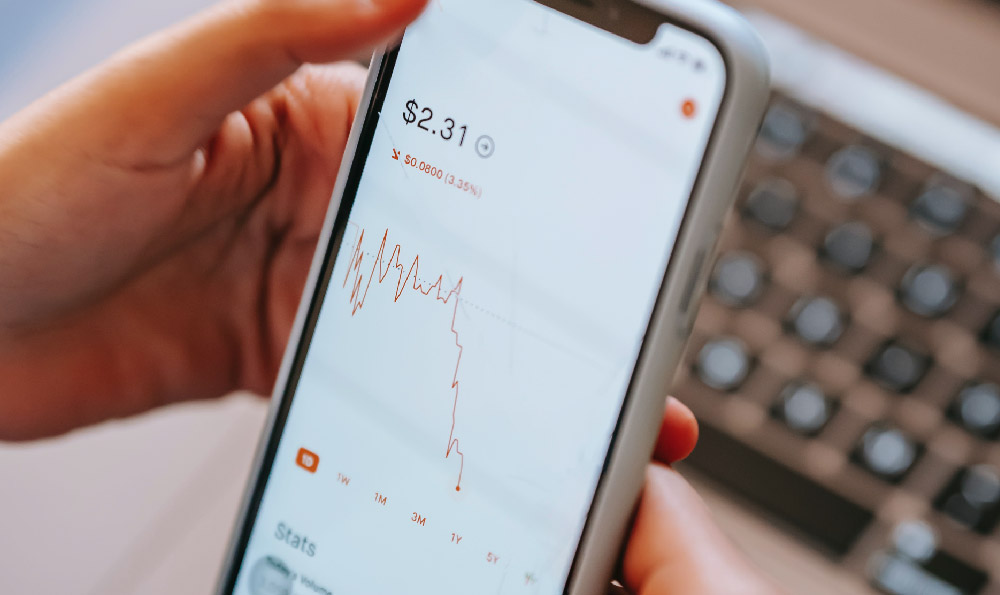Monetizing a podcast can transform it from a passion project into a sustainable source of income. However, the path to successful monetization isn't always straightforward and requires a strategic approach, understanding your audience, and exploring various revenue-generating avenues. Many podcasters dream of earning a living from their creations, but navigating the monetization landscape can be daunting. Let's delve into effective strategies and practical steps to help you turn your podcast into a profitable venture.
One of the most common and readily available methods for monetizing a podcast is through advertising and sponsorships. Securing sponsors involves finding businesses or brands whose target audience aligns with your podcast's listenership. The closer the alignment, the more valuable your podcast becomes to potential sponsors. Start by identifying companies that could benefit from reaching your specific audience. For example, if you host a podcast about personal finance, financial planning software companies, investment platforms, or insurance providers would be logical choices. Approach these companies with a compelling proposal that highlights your podcast's unique value proposition, audience demographics, download numbers, and engagement metrics. Sponsorship deals can take various forms, including pre-roll ads (played at the beginning of the episode), mid-roll ads (played in the middle), post-roll ads (played at the end), and dedicated segments where you specifically promote the sponsor's product or service. Experiment with different ad formats to determine what resonates best with your listeners without disrupting their listening experience. Consider dynamic ad insertion (DAI), a technology that allows you to insert targeted ads into your podcast episodes based on listener demographics or location. DAI can increase the relevance and effectiveness of your ads, leading to higher revenue. Building strong relationships with your sponsors is key to long-term success. Provide them with regular updates on your podcast's performance and listen to their feedback to optimize your campaigns.
Affiliate marketing offers another viable route to monetization. This involves partnering with businesses to promote their products or services and earning a commission on each sale generated through your unique affiliate link or code. Choose affiliate products that are relevant to your podcast's content and genuinely beneficial to your audience. Authenticity is crucial here. If you recommend products you don't believe in or haven't personally used, you risk losing the trust of your listeners. When promoting affiliate products, be transparent about your relationship with the company and clearly disclose that you earn a commission on sales. Integrate affiliate marketing seamlessly into your podcast episodes by sharing your personal experiences with the product or service and explaining how it can solve a problem for your listeners. For example, if you host a podcast about productivity, you could recommend a project management tool and share how it has helped you stay organized and efficient. Provide your listeners with clear instructions on how to use your affiliate link or code and offer exclusive discounts or bonuses to incentivize them to make a purchase. Track your affiliate marketing performance to identify which products and promotions are most effective. Use analytics tools to monitor your click-through rates, conversion rates, and revenue generated from each affiliate partnership.

Selling your own products or services is a more direct way to monetize your podcast and build a loyal customer base. This could include creating and selling e-books, online courses, merchandise (such as t-shirts, mugs, and stickers), or offering coaching or consulting services related to your podcast's topic. Developing your own products allows you to control the quality, pricing, and branding, and you can earn a higher profit margin compared to affiliate marketing. Start by identifying the needs and pain points of your audience. What problems are they facing that you can solve with your expertise or resources? Create products or services that directly address these needs and provide value to your listeners. For example, if you host a podcast about cooking, you could create an e-book of your favorite recipes or offer online cooking classes. Promote your products or services on your podcast and website. Highlight the benefits of your offerings and explain how they can help your listeners achieve their goals. Use compelling visuals and testimonials to showcase the value of your products. Offer exclusive discounts or bonuses to your podcast listeners to incentivize them to make a purchase. Providing excellent customer service is essential for building a strong reputation and fostering customer loyalty. Respond promptly to customer inquiries and address any concerns or issues in a timely and professional manner.
Beyond these common strategies, consider exploring subscription models and membership programs. These models involve offering exclusive content or benefits to paying subscribers, such as bonus episodes, ad-free listening, early access to episodes, access to a private community, or Q&A sessions with the host. Subscription models can provide a stable and predictable income stream, allowing you to focus on creating high-quality content without constantly chasing sponsorships or affiliate deals. To implement a successful subscription model, you need to offer something truly valuable that your listeners are willing to pay for. Consider what exclusive content or benefits would be most appealing to your audience and price your subscription accordingly. Platforms like Patreon, Memberful, and Supercast make it easy to set up and manage subscription programs for podcasters. Promote your subscription program on your podcast and website. Clearly explain the benefits of subscribing and offer a free trial or sample of the exclusive content to entice listeners to sign up. Engage with your subscribers regularly and provide them with exceptional value to retain their membership.
Donations are another way to support your podcast and receive financial contributions from your listeners. This approach is particularly suitable for podcasts that provide valuable content for free and rely on the generosity of their audience to stay afloat. Set up a donation page on your website or use a platform like Buy Me a Coffee to make it easy for listeners to contribute. Promote your donation page on your podcast and website. Explain why you need donations and how they will be used to support the podcast. Be transparent about your financial needs and demonstrate that you are using donations responsibly. Offer small rewards or thank-you gifts to listeners who donate to show your appreciation. Regularly acknowledge and thank your donors on your podcast and social media channels.
Finally, crowdfunding can provide a significant injection of capital for specific projects or initiatives, such as launching a new season, upgrading equipment, or attending industry events. Platforms like Kickstarter and Indiegogo allow you to solicit funds from your audience in exchange for rewards or perks. Clearly define your crowdfunding goals and create a compelling campaign that showcases the value of your project. Offer a variety of rewards or perks to incentivize listeners to contribute. Promote your crowdfunding campaign on your podcast, website, and social media channels. Engage with your backers regularly and provide them with updates on your progress.
Regardless of the monetization strategies you choose, consistency, quality, and audience engagement are paramount. Regularly produce high-quality content that provides value to your listeners. Engage with your audience on social media and respond to their comments and questions. Build a strong community around your podcast to foster loyalty and support. Monetizing a podcast is a marathon, not a sprint. It takes time, effort, and experimentation to find the right strategies that work for you and your audience. Be patient, persistent, and adaptable, and you'll be well on your way to turning your podcast into a profitable and sustainable venture. Analyze your results, adapt to changes, and never stop seeking new and innovative ways to connect with your audience and monetize your passion.












